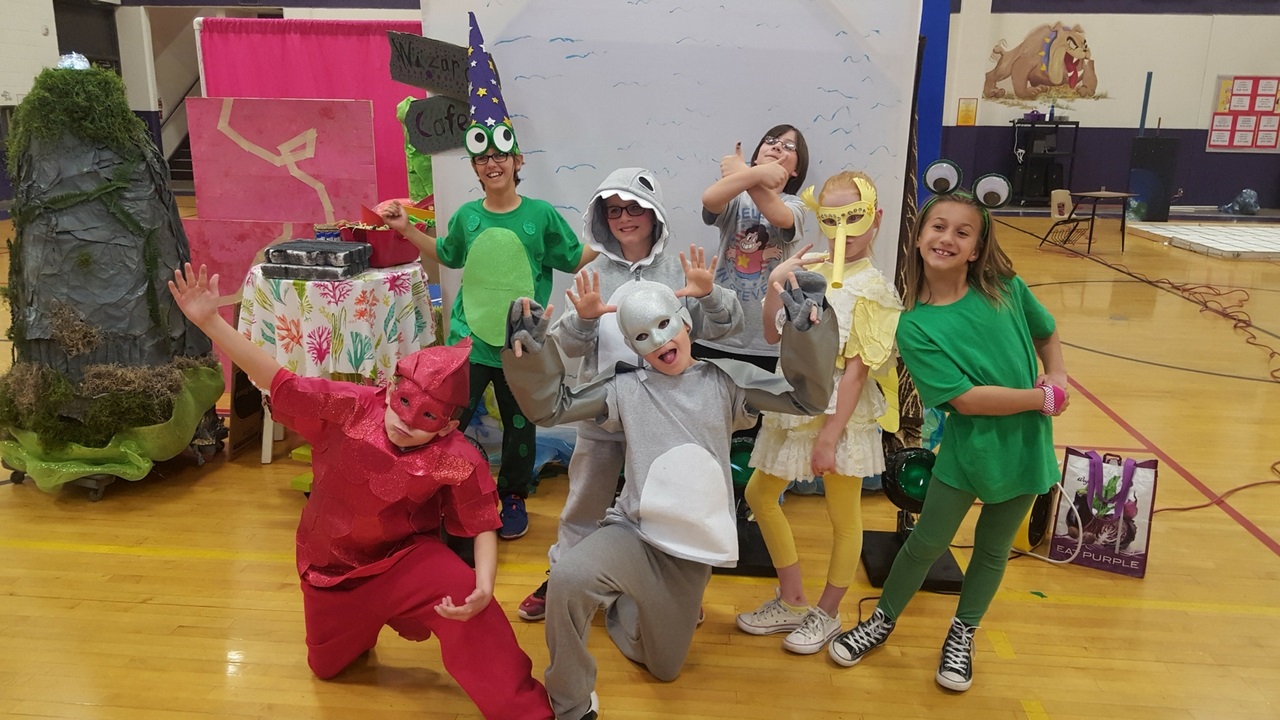Tournament day can be stressful for any Team Manager. However, it can be especially stressful for a first-time Team Manager who isn’t sure what to expect. Check out 15 tips from some of our veteran Team Managers on ways to prepare for your team’s big day.
- “The day or two before the tournament, sit down with your team and tell them how proud you are of them for the journey they have been through and their growth as individuals and as a team. Also, tell them how proud they should be for what they created. Let them know that while they are scored, they shouldn’t focus on that. Just go out and have fun showing everyone their solutions. If they enjoy the day and work together as a team, they already won.” – Heidi Verbiscer
- “Make sure everyone (including parents) knows that Interference includes helping with hair, makeup, costumes, broken props, etc. The kids need to, as always, be the ones to handle all these things.” – Melissa Dick
- “During my first year, my team of fourth-grade boys were bummed that they didn’t have team T-shirts (or any sort of matching team “thing”) to help identify them as a team. They were all brand new to DI, had really struggled initially to come together as a team, and had some last-minute setbacks the week before the tournament. I really wish they had team T-shirts — not only would it have helped with team morale, but it would have helped me find them in the crowd! Now I always buy some cheap T-shirts and inkjet iron-on transfer paper, and the team makes their own matching T-shirts with their team logo.” –W. Dreiske Arnold
- “Do not let yourself feel inferior to other Team Managers. DI is a learning adventure every year. You’ll make mistakes and you’ll learn from others. Stick with it and it will be the most rewarding thing you’ve ever done!” – Luanne Hendricks Andrews
- “Create an itinerary and be able to reference it throughout the day. Include things like check-in times. Remember to include time to eat! Having it thought out in advance prevents brain overload at the tournament. Just look at the time it is and go where you said you needed to be! It’s also good to give it out to parents so they know where their kids are or need to be.” – Jennifer Mou Pakkala
- “PAPERWORK! (No, you will not be able to make copies the day of.) Also bring a “first aid kit” for everything that could go wrong with props, set, and costumes. If it can break, it CAN BREAK. Surprise!” – Marcia Dressel
- “Ask a parent to take some pics! I always forget and regret it later.” – Brenna Adams
- “If your schedule permits, get there early and watch some teams go (with or without your kids) so that you can get a sense of general tournament procedures. This will help you understand the flow of the tournament and help your kids avoid surprises. Also, watch other teams in many different challenges, particularly Secondary Level. This will give you a better idea of what the expectations are in different Challenges (which may help next year if your team switches Challenges).” – Marie Farley
- “If a prop has to function mechanically, even simply, DO NOT underestimate the myriad ways that can go wrong. Make sure those props work the same on carpet, linoleum or concrete.” – Mayme Claire Gillham
- “The thing that always got me was the logistics of moving the props from one location to another up to, and including, the staging area. I spent a lot of time with the kids laying out who was going to do exactly what. We scripted this all out about as much as we did the actual performance.” – Chris Kline
- “Have parents chip in to make an emergency kit. Then assign a parent to make the kit up and include whatever must-haves the team may need (e.g., tape, glue gun, extension cord, etc.)” – Gina Cassidy McElhaney
- “Find a nice corner to camp out in. Make sure the kids know that is “base,” where they can go over lines, work on last-minute fixing, rest, talk, chill, whatever. It’s their space in the chaos and clutter of the day.” – Nicole Morrison
- “Bring small snacks for yourself and your team. It can be a long, fun day.” – Shannon Evans Varekamp
- “Practice talking points on each item the team created so they can easily redirect Appraisers to the team member who was responsible for each item the team created.” – Cyndy Dwyer
- “Have fun and enjoy the day! Do not stress out – the kids need your smile and words of praise no matter what!” – Karen Neylan






